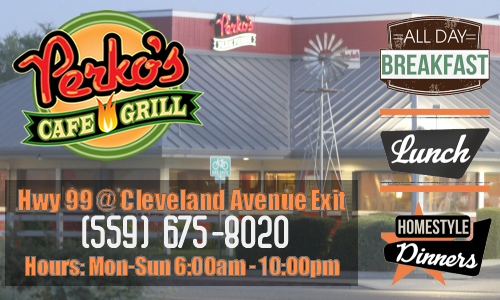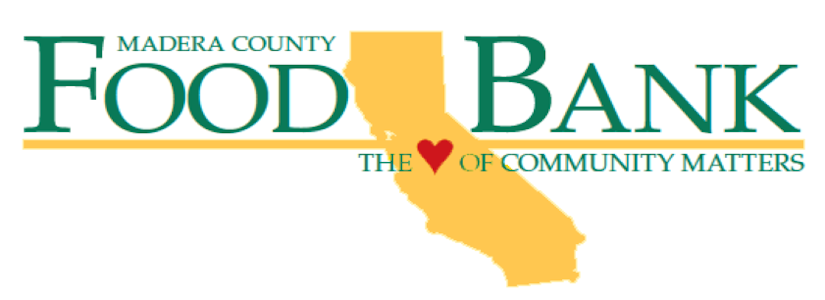 EDITORIAL - Despite a hard-fought campaign, Proposition 6, the initiative to prioritize rehabilitation over forced prison slave labor, did not secure majority support. While the outcome fell short, the campaign to end carceral slavery ignited an overdue dialogue about a prison system that has failed to prioritize rehabilitation, thereby jeopardizing public safety.
EDITORIAL - Despite a hard-fought campaign, Proposition 6, the initiative to prioritize rehabilitation over forced prison slave labor, did not secure majority support. While the outcome fell short, the campaign to end carceral slavery ignited an overdue dialogue about a prison system that has failed to prioritize rehabilitation, thereby jeopardizing public safety.
“In 2022, we could not get a measure on the ballot. In 2024, our coalition expanded, we exercised more power, and we placed Proposition 6 on the ballot. We did not achieve our ultimate goal tonight. Still, the movement for human dignity, safety, and justice persists,” said Dorsey Nunn, former Executive Director of Legal Services for Prisoners with Children. “We know Californians, including victims, want a system that centers rehabilitation, accountability, and a path to safer communities. We have more work to do to educate Californians about involuntary servitude. The race for justice is not to the swift, but those who endure.”
“This election, millions of Californians took a powerful step toward a safer and more just future,” said Brandon Sturdivant, Campaign Manager for the End Slavery in California Coalition. “We are grateful to the California voters, the hundreds of volunteers, donors, and endorsers who fueled our campaign. We will continue to fight for the values we share and the vision we hold for our great state.”
Proposition 6 sought to refocus the correctional system on reducing recidivism, improving public safety, and breaking the cycle of incarceration through rehabilitative support. Prop 6 gained widespread backing from a coalition of diverse voices, including labor unions, civil rights advocates, law enforcement, faith leaders, and notable figures from entertainment and politics. Throughout the campaign, supporters worked tirelessly to bring attention to the racist history, inhumane treatment, and need for change within California’s carceral system.
According to CalMatters, there are nearly 40,000 incarcerated workers assigned to a myriad of jobs in state prisons. A disproportionate number of incarcerated people have disabilities and suffer from mental health, substance abuse, and anger management issues. Instead of receiving the treatment they desperately need, people are forced into labor. Assignments include construction, hospice care, furniture making, dairy farming, and firefighting. “Most of them earn less than 74 cents an hour, although [incarcerated] firefighters can earn as much as $10 a day.” Beyond treatment, many could get access to higher education while in prison, better preparing them to succeed upon release. Still, instead of allowing them to earn a degree and break the cycle of incarceration, the system forces them into slave labor.
The California Prison Industry Authority generates $180 million exploiting incarcerated individuals, and taxpayers ultimately pay the price when released individuals are less prepared to reenter our communities—making them more likely to recidivate.









































